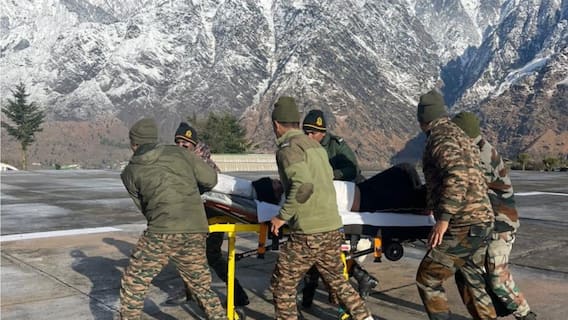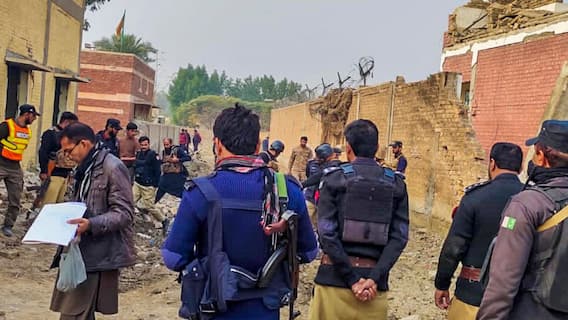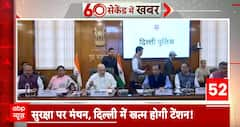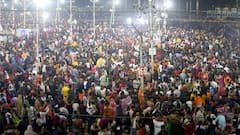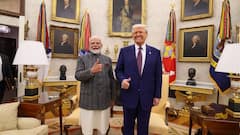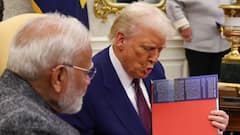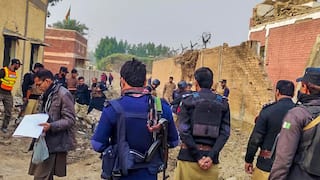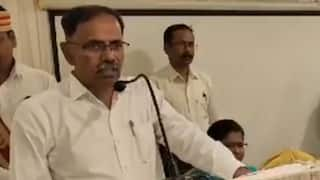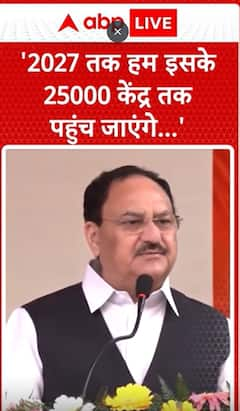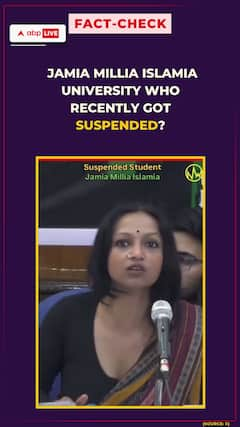'State Has Vital Interest To Regulate Madrasas': Supreme Court Upholds UP Madrasa Education Act
Supreme Court held that the only unconstitutional part of the Madrasa Act in relation to its authority to grant 'fazil' and 'kamil' degrees, which is in conflict with the UGC Act.

The Supreme Court on Monday set aside the Allahabad High Court judgment that declared the 2004 Uttar Pradesh Board of Madarsa Education Act unconstitutional. The top court upheld the constitutional validity of the 'Uttar Pradesh Board of Madarsa Education Act 2004' except to a small extent. The court said that the state has a vital interest in regulating Madrasas to improve standards of education.
CJI Chandrachud while reading the verdict said that the legislative scheme for the Act is to standardise level of education being prescribed in the Madrasas. "The Madrasa Act does not interfere with the day to day working of the Madrasas. It is to protect the rights of minority in the state of UP and is consistent with positive obligation of the state which ensures the students to pass out and earn a decent living. " CJI added.
Supreme Court held that the only unconstitutional part of the Madarsa Act in relation to its authority to grant 'fazil' and 'kamil' degrees, which is in conflict with the UGC Act. Thus, a Madrasa cannot grant Fazil and Kamil degrees.
The court further said that even though Madrasa's impart religious instructions, there primary objective is education.
A bench headed by CJI DY Chandrachud held that the Madarsa Act regulates the standards of education in the State of Uttar Pradesh and the right of minorities to administer educational institutions is not absolute and the State can regulate the standards of such education.
The Supreme Courton on October 22 had reserved verdict after concluding hearing the arguments from all the stakeholders arguing the validity of Allahabad High Court's judgment that struck down the 'Uttar Pradesh Board of Madarsa Education Act 2004' as unconstitutional.
The counsel appearing for Uttar Pradesh told the Supreme Court on October 22, that the Allahabad High Court should not have struck down the UP Board of Madarsa Education 2004 in its entirety.
Additional Solicitor General of India KM Nataraj submitted that the High Court should have only struck down the provisions which are violative of the fundamental rights instead of nullifying the entire regulatory framework.
The top court while hearing arguments had questioned the counsel appearing for the National Commission for Protection of Child Rights (NCPCR) if it had issued similar directions to other religious community to not send children to Monastry or a paathshaala like it did for Madrasas.
The bench headed by CJI DY Chandrachud asked the counsel appearing for NCPCR if its has issued directions to ban other religious institutes and why is the child rights body only interested in Madrasas.
"Our country is a melting pot of cultures, civilizations, religions, let us preserve that. The Act is to bring them into mainstream. Otherwise you are essentially putting people in a silo," CJI had remarked.
Senior Advocate MR Shamshad raised objections to affidavit filed by NCPCR in the top court in the case. He said that the "report relied upon by the NCPCR in their affidavit is termed ' Fundamental Rights of Children v. Madrasas'... I cannot read it in open, it has all islamophobic content and relied upon news reports and given to media to publicise."
The NCPCR affidavit had flagged "inappropriate content" pushed by Darul Uloom Deoband, an academic body of Islamic education that has affiliating madrasas across South Asia. The NCPCR said it came across various objectionable content on the website of Darul-Uloom-Deoband wherein one of the fatwas was issued regarding physical relationship with a minor girl, which is not only misleading but is also in violation of the provisions under the POCSO Act, 2012.
Trending News
Top Headlines








